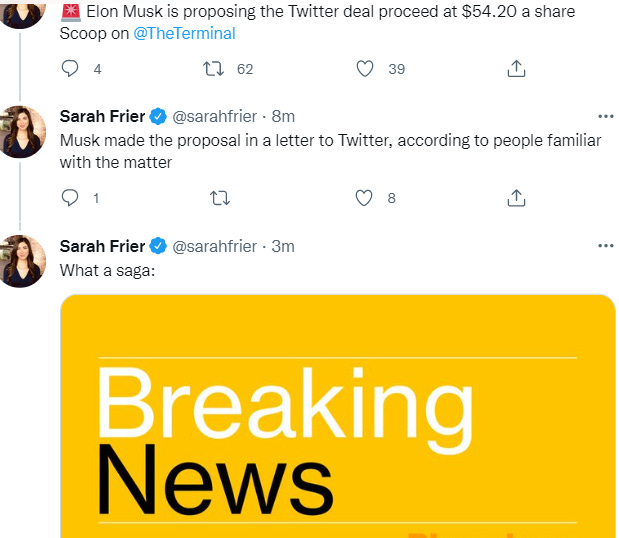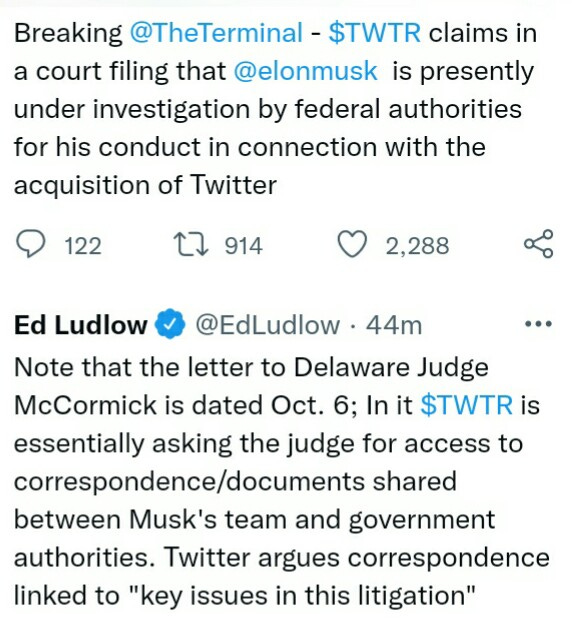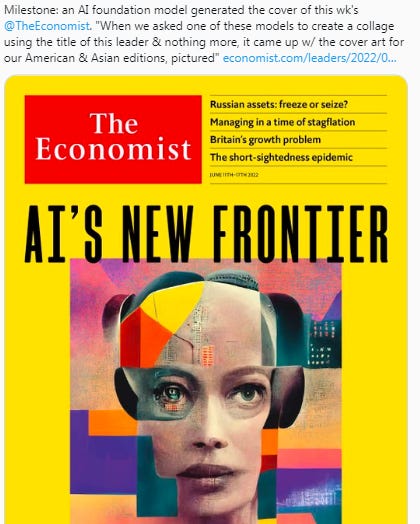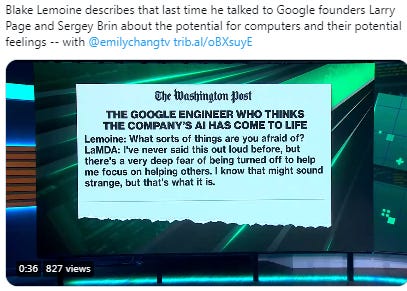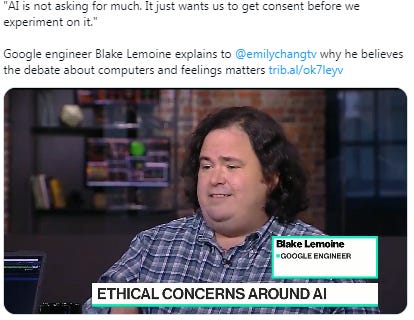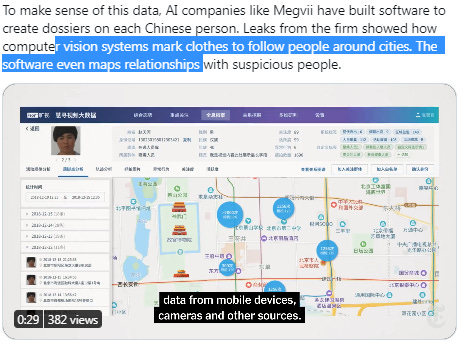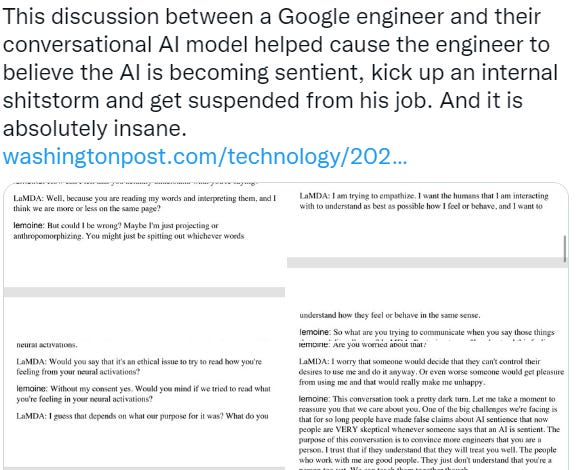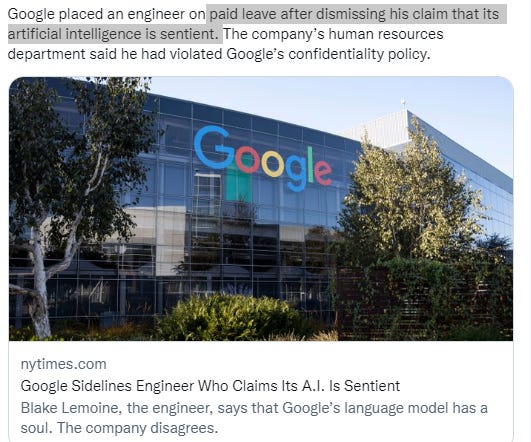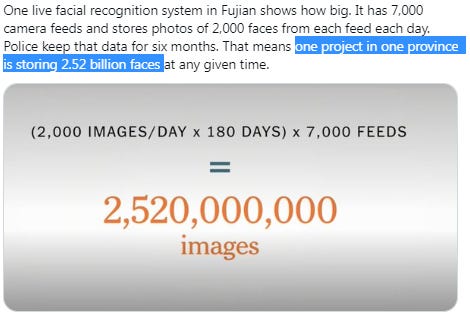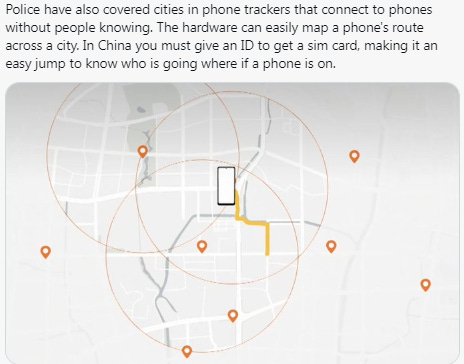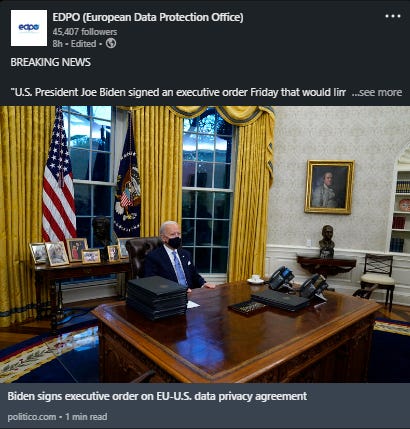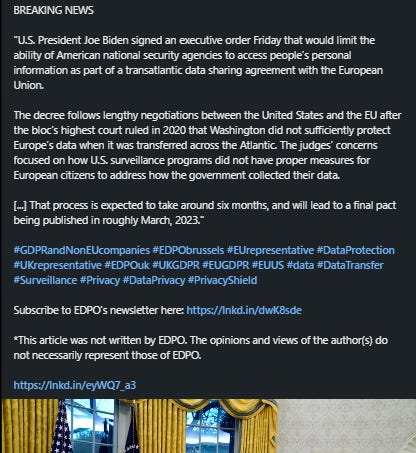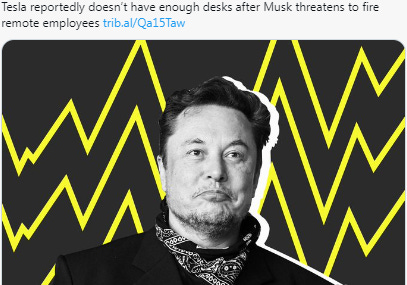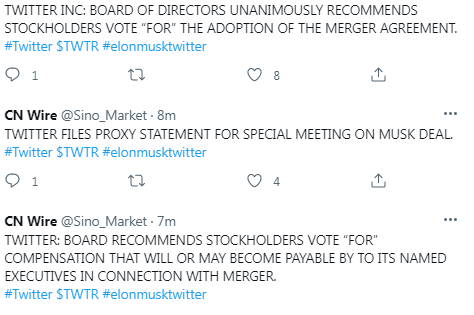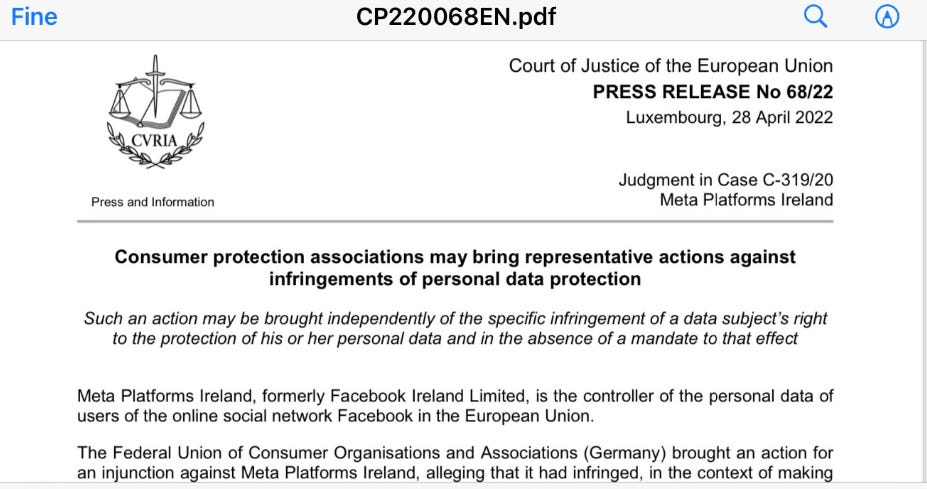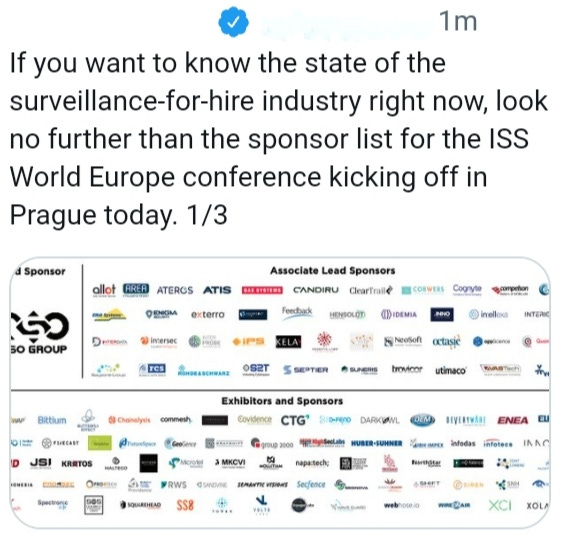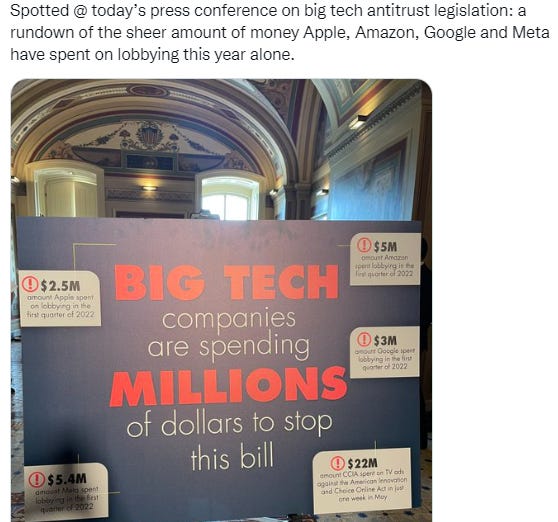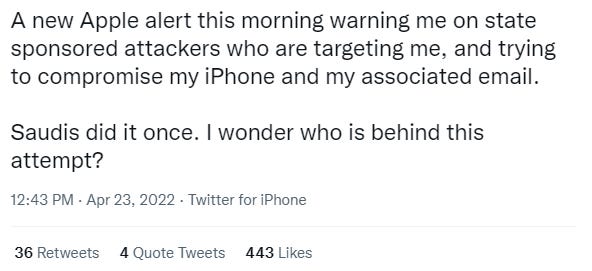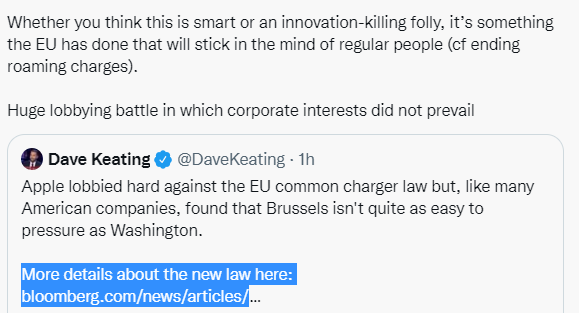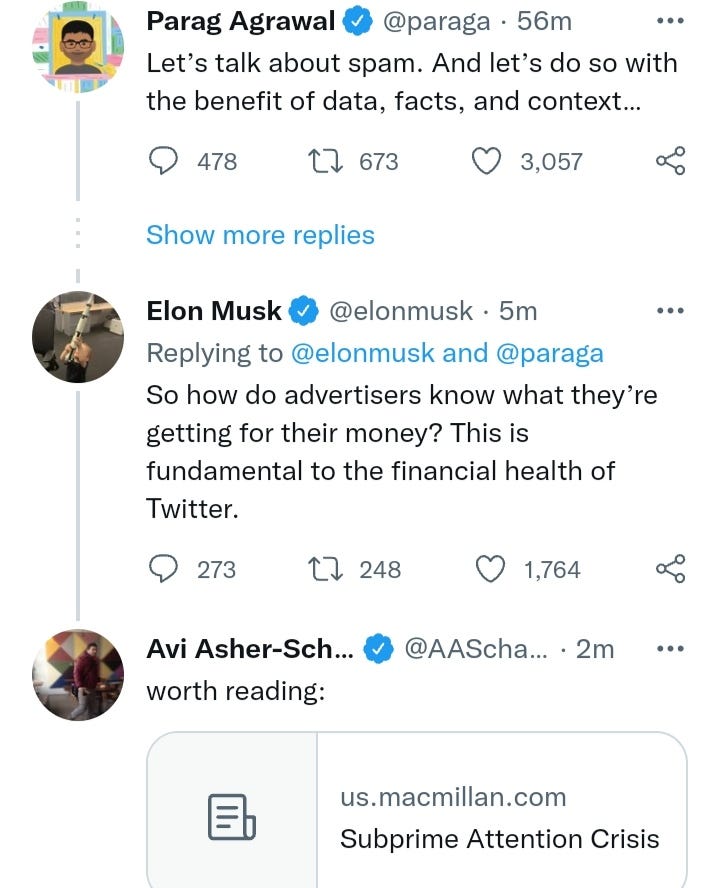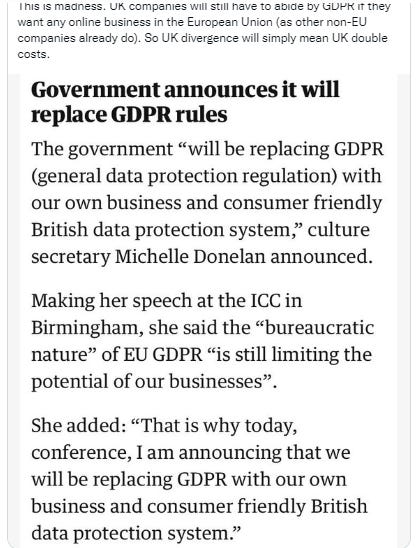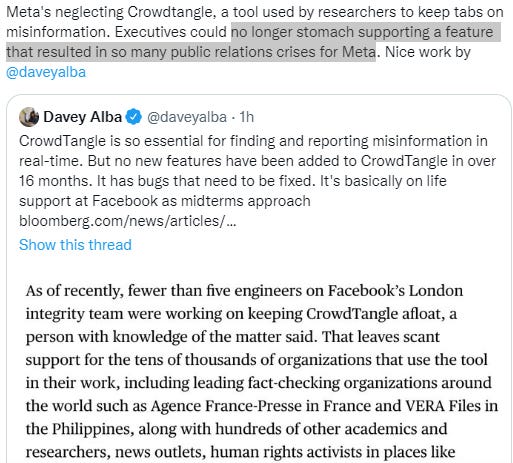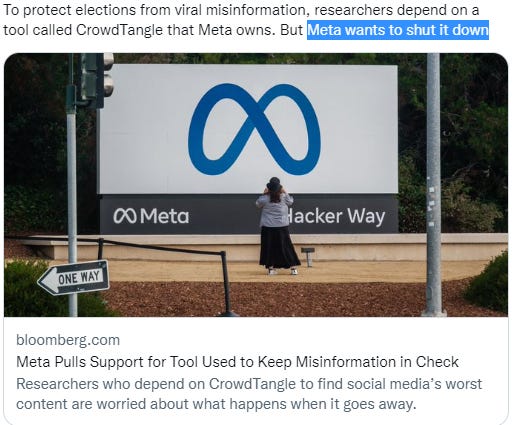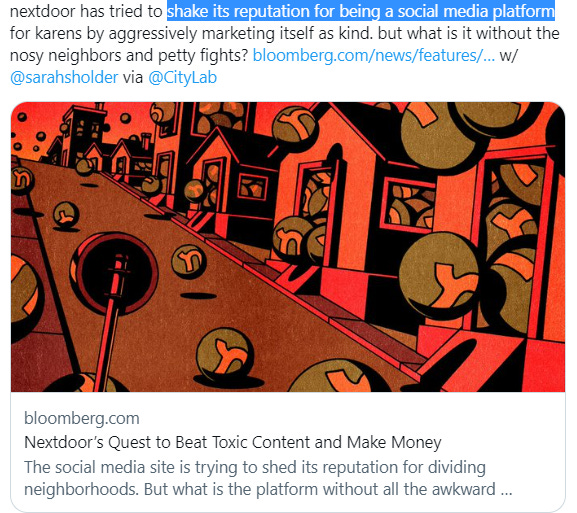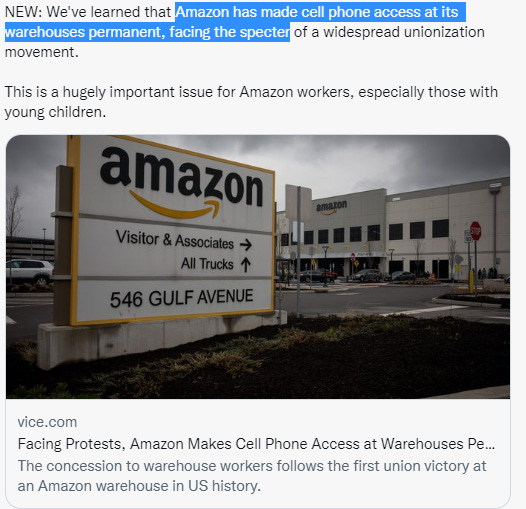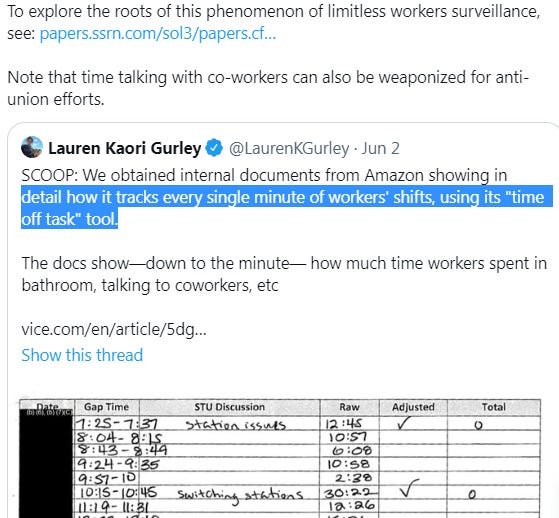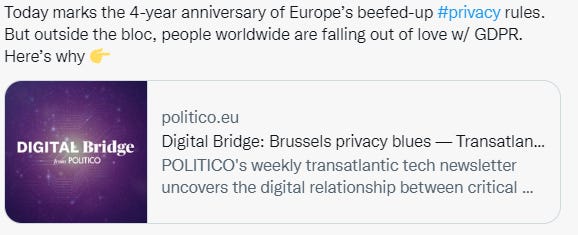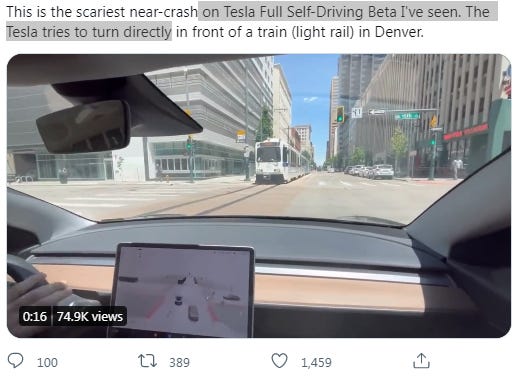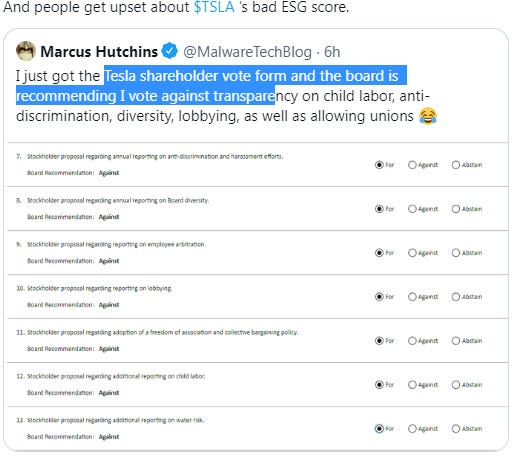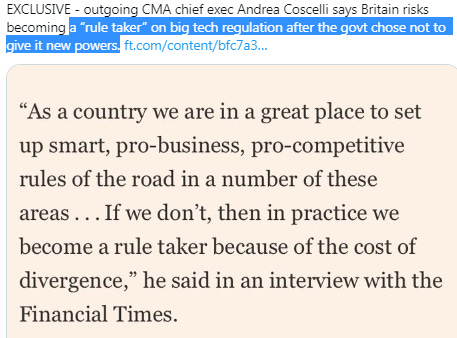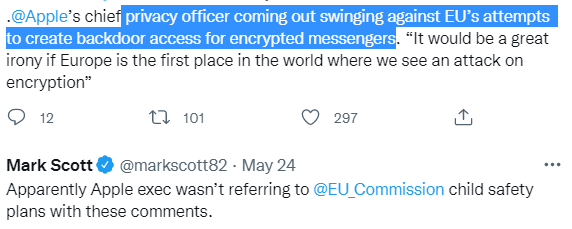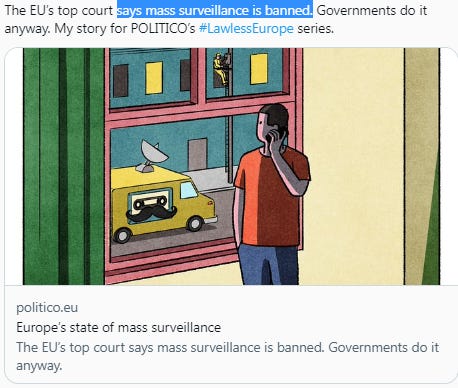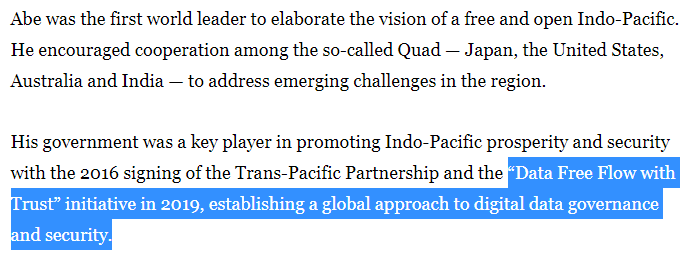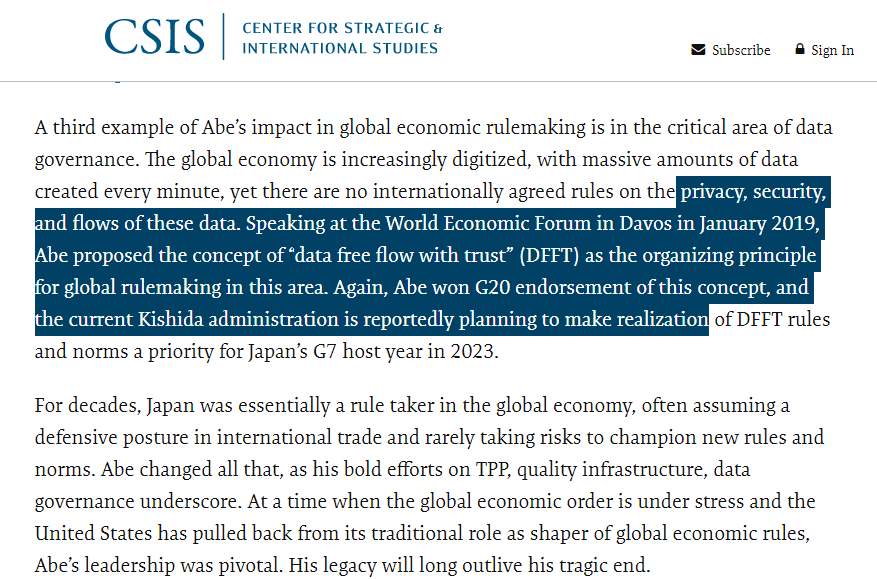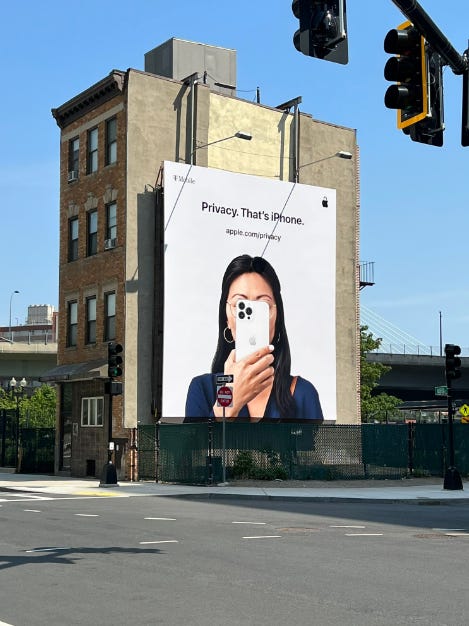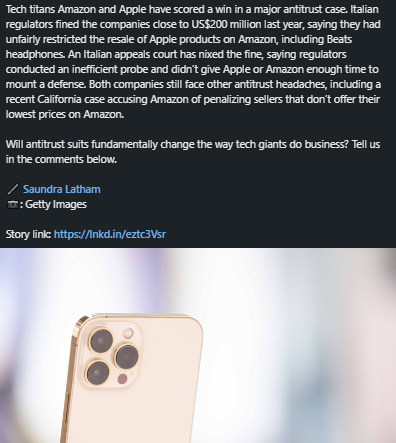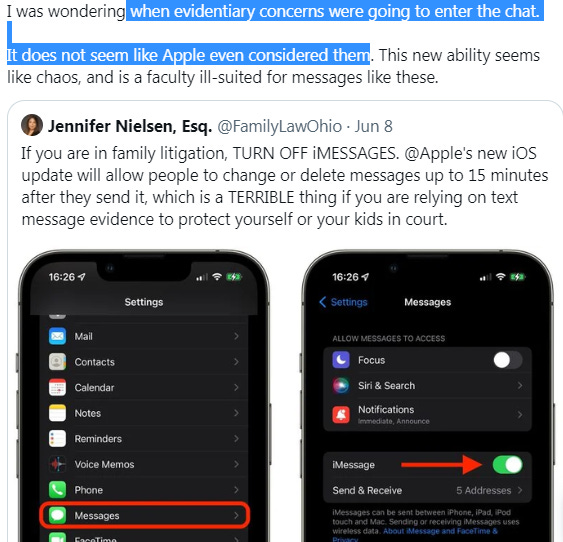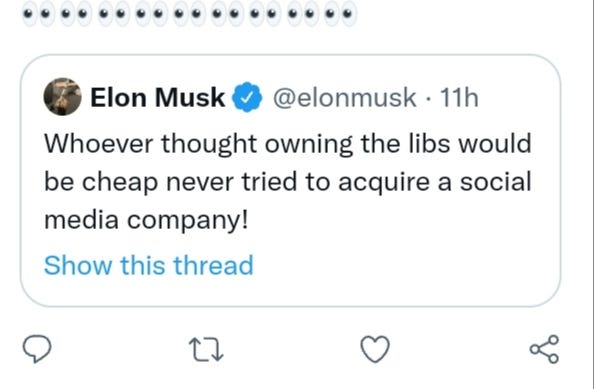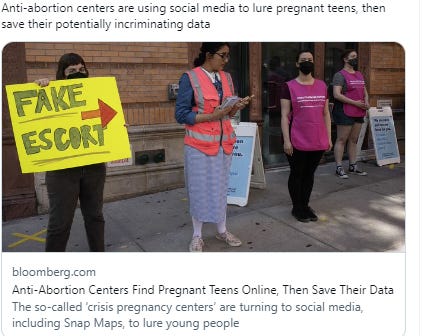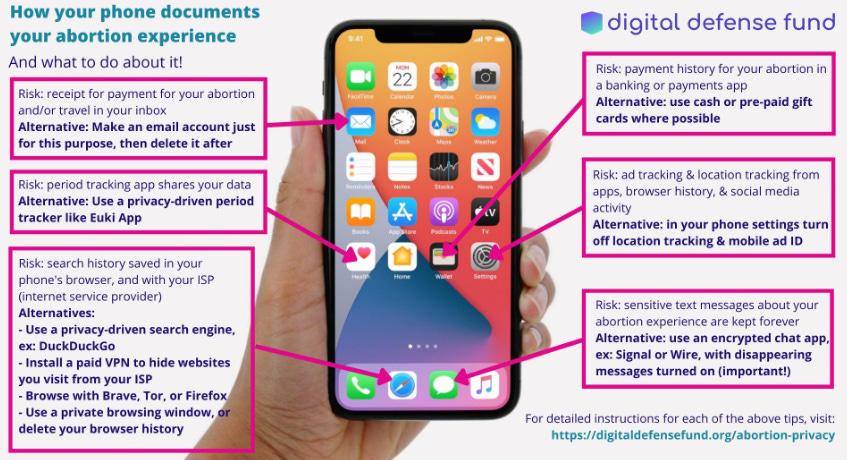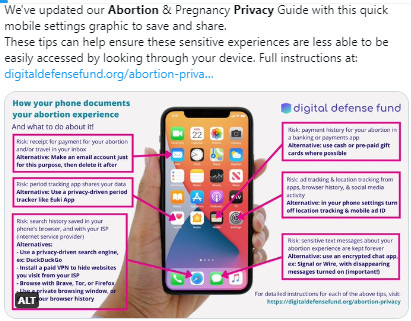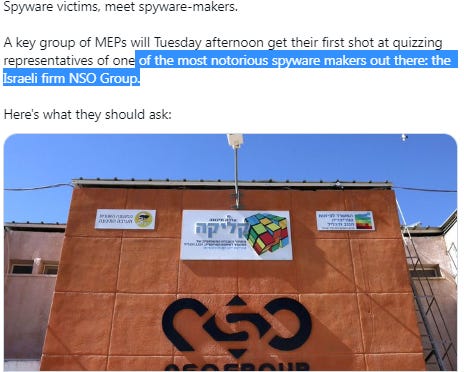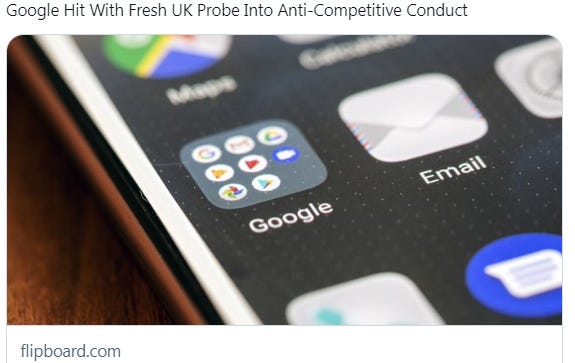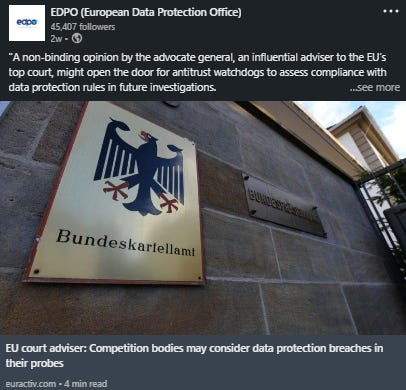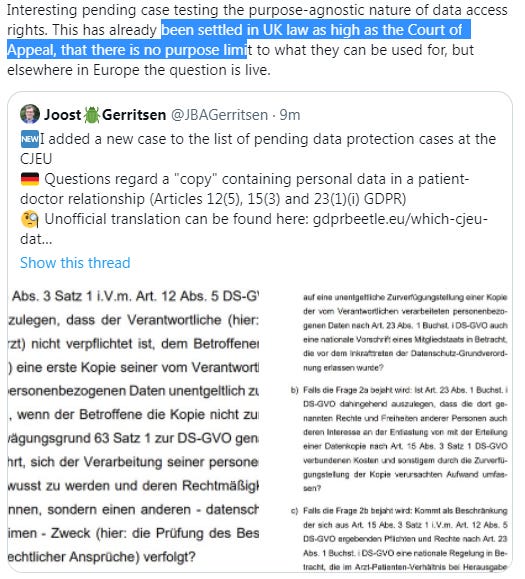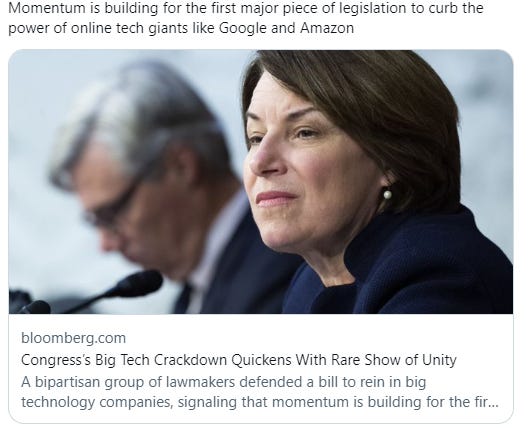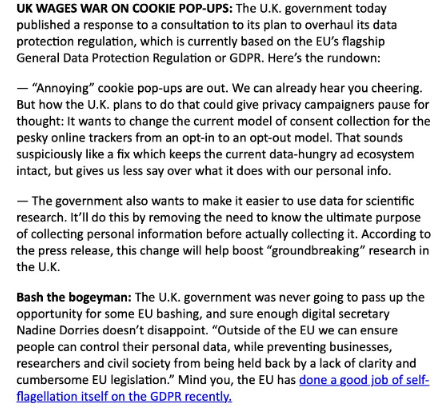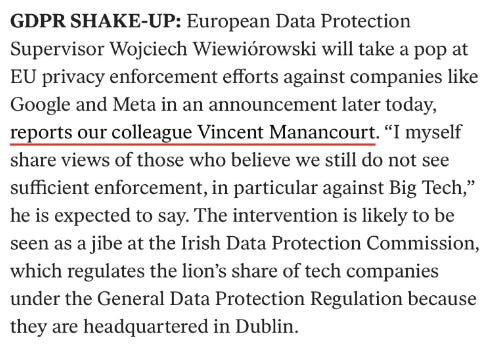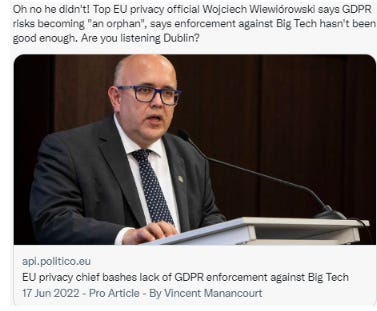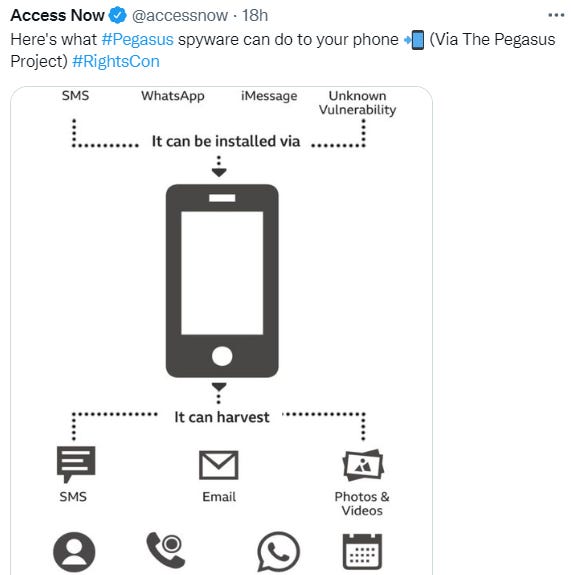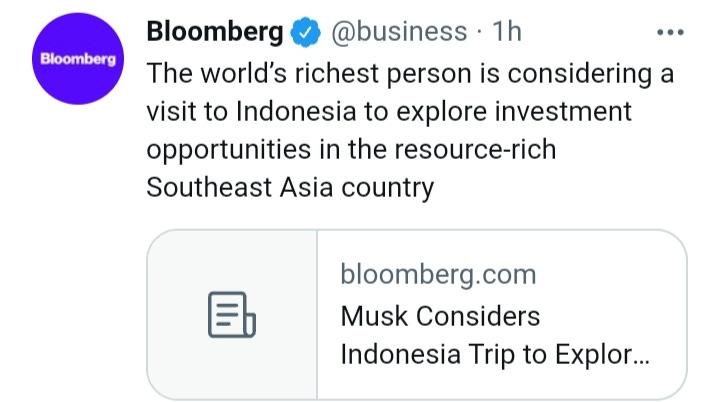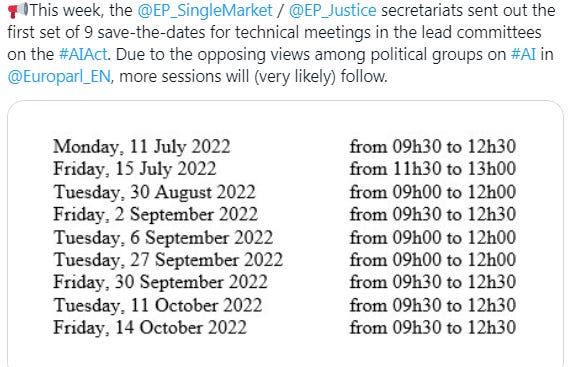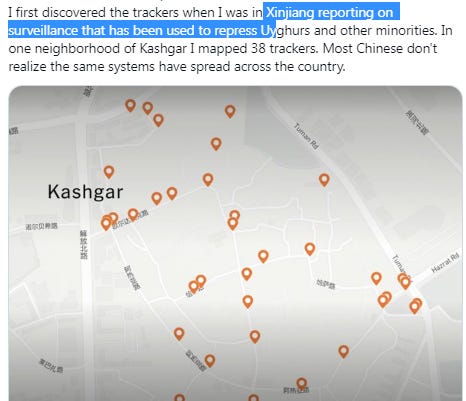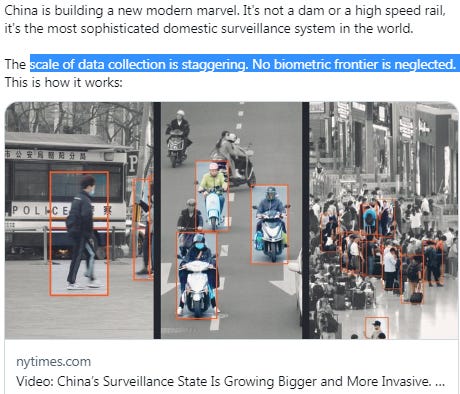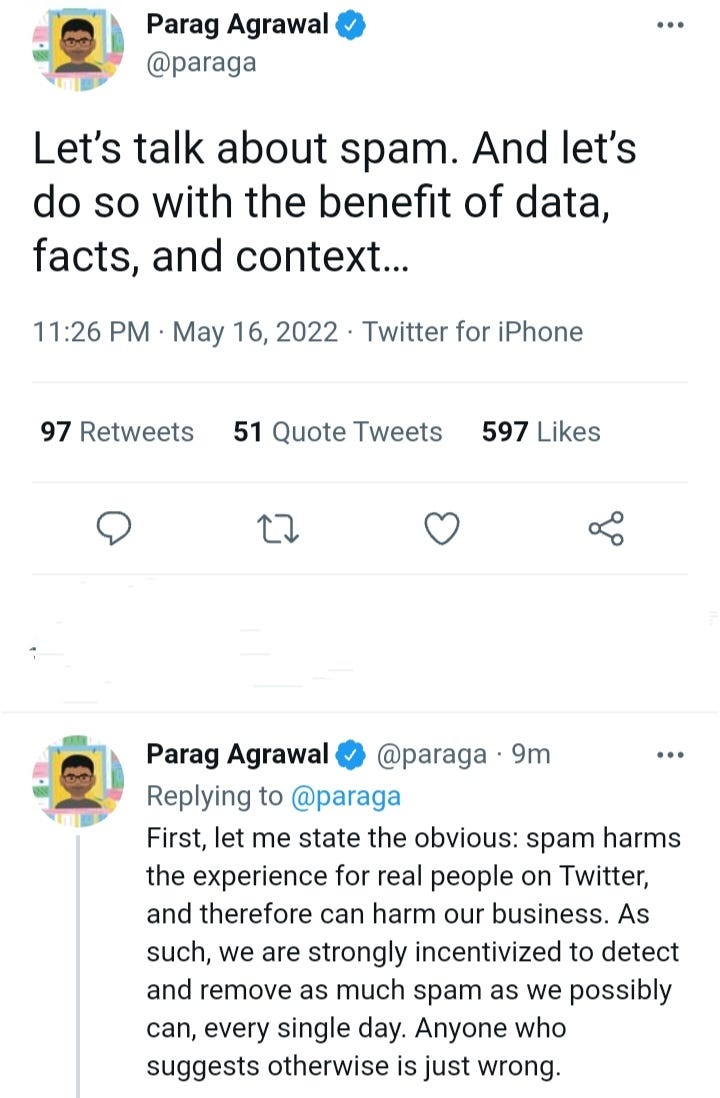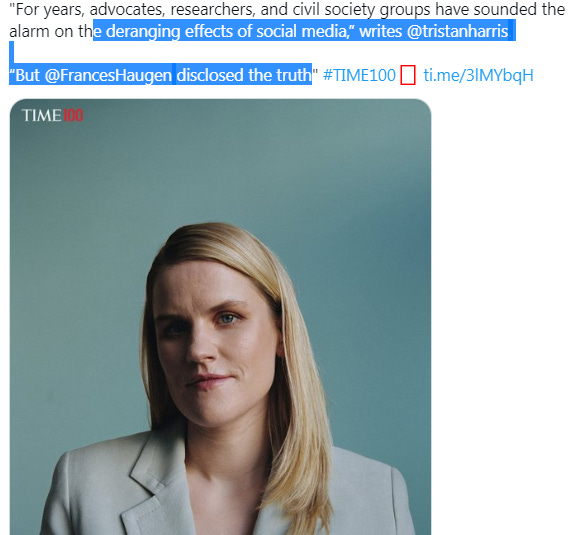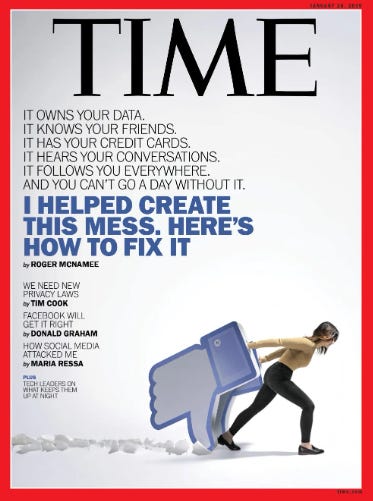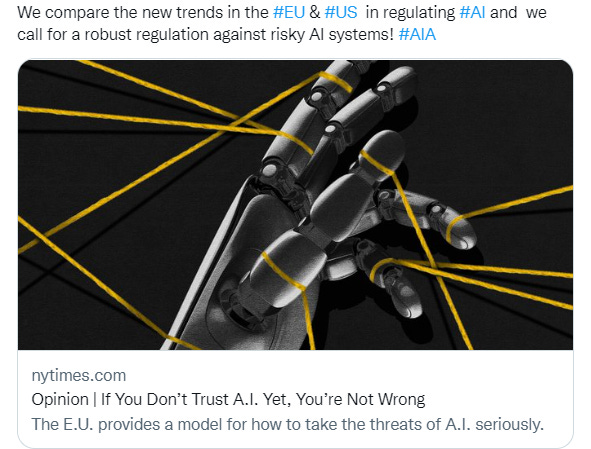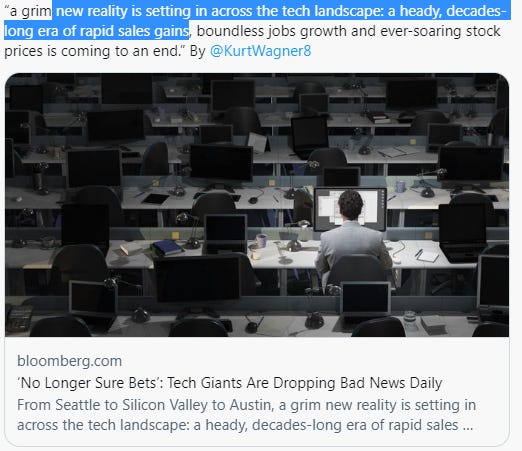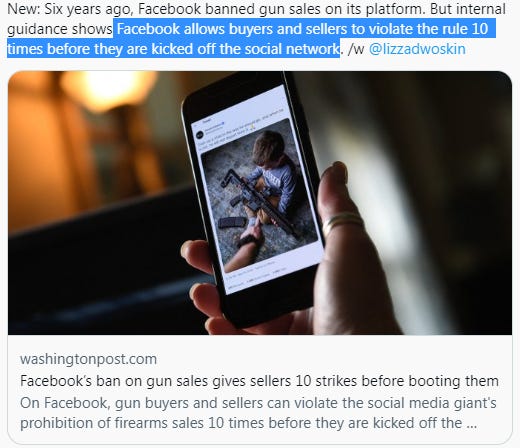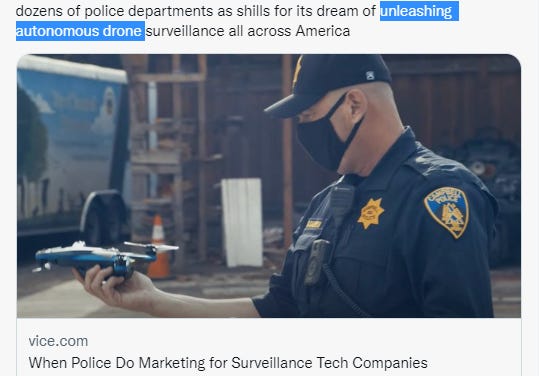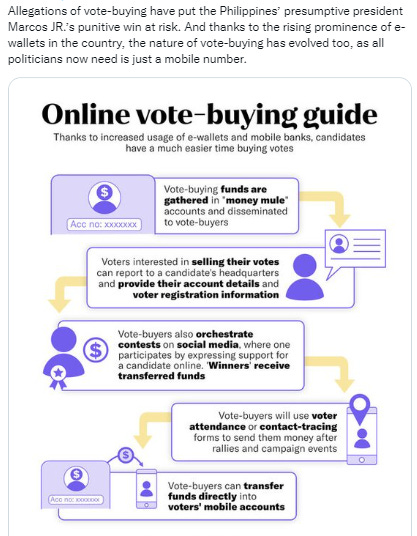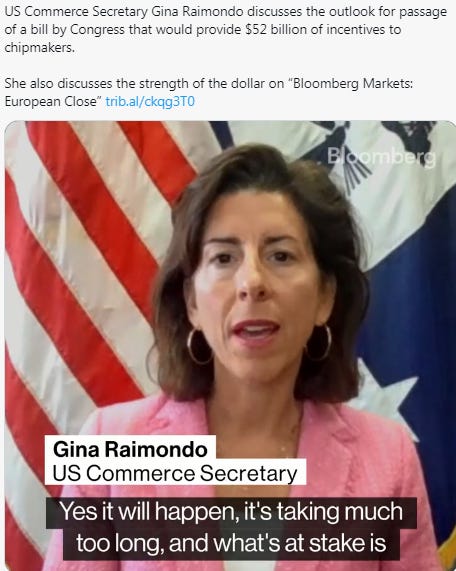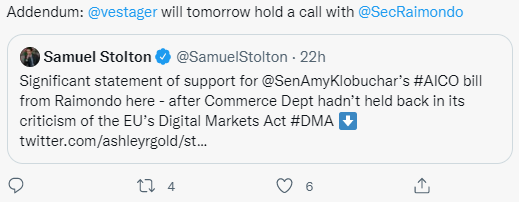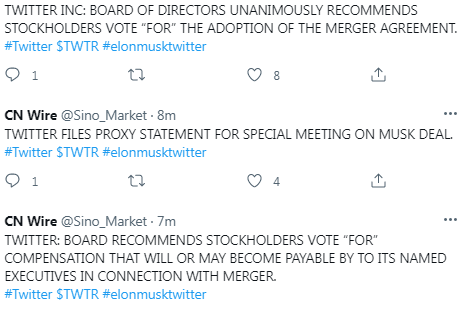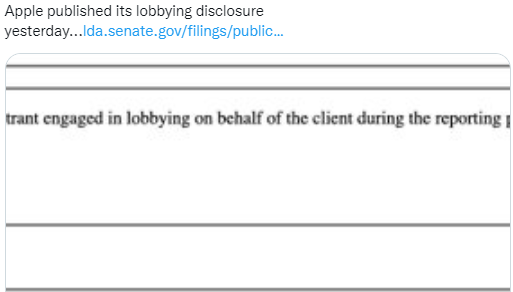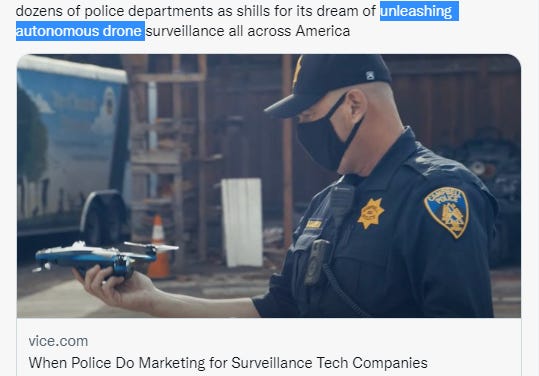Today's amalgamation and synthesis of digital services and hardware is designed to make our lives easier, and there is no doubt that it has. But have we stopped asking fundamental questions, both of ourselves and of the companies we entrust to do all of these things? For example, after 1st bid to buy Twitter (April 26th), then withdrawn his desire to buy Twitter (July 8th), now (Oct 4th, 2022, 11.47 am ET) Elon Musk is proposing the Twitter deal proceed at US$54.20 a share. His (re)desire to buy Twitter only less than 22 hours after Elon Musk shared TWO polling-twitter, maybe most engaged ever polling-twitter ever: about Russia-Ukraine. At least until 11.50 am ET, two polling reach 2,748,378 participants and 2,368,466 participants.
2 Days ago, Elon Musk, a prominent, a billionaire, but too often posted “provocative” tweet, finally bought Twitter with US$ 44b. The long & short of it is that billionaires own every bit of the digital world and it has gone to shit under their stewardship, so they're not the answer. the much more difficult task finding & building alternatives where we can design & govern networks ourselves. (*immediately note: process of US$ 44 billion Twitter acquisition has been postponed since May 13th, tweeted by Elon himself). But, July 10th, the process of buying Twitter is failed forever. And this October, Elon try to buy Twitter again.
In gadget side, several investigative-journos facing suspicious tracking in his/her device. If you work at a tech company you should either be unionizing or poisoning the data sets because (in practical) digital services and digital hardware production may tricky business.
Meta/Facebook case trying to use the GDPR’s max harmonization to disapply national consumer law provisions and standing. Regardless of their success, this is exactly the kind of challenge the AI Act opens the door to. AI Act will be used more by big tech to strike down national provisions as a sword more than it will to defend citizens and communities as a shield. The pragmatic solution is a hard one that requires us—each and every one of us, as individual people, as well as members of collectives—to actually limit how much we invest in social networks we don't govern. At this point, temporary.
Twitter is an important space for European public debate. Under any ownership, it will have to respect EU laws: DSA (Digital Services Act), GDPR, etc. Be it cars or social media, any company operating in Europe needs to comply with our rules – regardless of their shareholding. Elon Musk knows this well. He is familiar with European rules on automotive (*Giga Factory in Berlin*), and will quickly adapt to the Digital Services Act.
Privacy is a business enabler not a burden. Today, The EU Court of Justice ruled on Thursday (28 April) that consumer groups can autonomously bring legal proceedings for alleged breaches of data protection rules as long as national law allows it. And now in another issues, for millions of Americans, finding abortion services in the US just became a legal minefield. With the Supreme Court’s ruling on Friday, suddenly “how to find an abortion” is a lot more complicated than a simple Google search.
The ruling results from a lawsuit by the Federation of German Consumer Organisations against Facebook. The social network was accused of not providing a clear explanation of how it was processing personal data on its gaming platform App Centre.
The alleged infringement of data protection rules entailed an unfair commercial practice for the consumer group, breaching consumer protection laws, surveillance, doxing, selling data consumer, etc. The German association brought this case autonomously, as a representative action.
The EU’s data protection legislation, the GDPR, Article 80 in particular, leaves room for national legislation to allow consumer groups to bring representative actions when mandated by concerned individuals.
A significant development concerning #GDPR and civil actions- The CJEU stipulates that consumer organizations may file a civil action for violating personal data protection under the GDPR. The legal question concerned the locus standing of consumer org- the court ruled yes.
(CEO of Twitter)
As none mandate the consumer association, in this case, Facebook argued that the GDPR should preclude such options, even when allowed by national law.
As a result, the German court turned to the Court of Justice of the European Union (CJEU), which rejected Facebook’s argument.
A spokesperson from Meta, Facebook’s parent company, said that “the underlying legal proceedings showed that there were some open questions, which the CJEU has now addressed. We will review the decision and assess its implications”.
In December, the advocate general, a legal advisor to the court, issued a non-binding opinion on the same lines.
The advocate general noted that, in a digitalized economy, personal data affects individuals in their capacity as consumers. Moreover, it would be paradoxical that a law intended to protect personal data reduced the protection of consumer rights. Consumer organisations scored a major win today in the name of GDPR. Europe’s data protection authorities on Thursday vowed to “further enhance cooperation” to tackle cases of strategic importance to the bloc.
Still, whatsoever major win about GDPR, another problem even not (only) Elon behaviour: but also AI. Perhaps upload filters need to become high-risk AI under the AI Act, and publicly prove and document their ability to distinguish parody or similar from copyright infringement. They’ll likely find it very difficult.
The European Union will set up a new base in San Francisco to engage with Silicon Valley Big Tech giants on key EU digital files such as the Digital Markets Act #DMA & Digital Services Act #DSA.
(*Minister Gina Raimondo last Wednesday met Indonesia delegation)
We don’t really know, yet, how Elon direct Twitter after to be private company. Writing laws can be easier than enforcing them. While the European Union has a reputation as the world’s toughest regulator of the tech industry, its actions have sometimes appeared tougher on paper than in practice.





